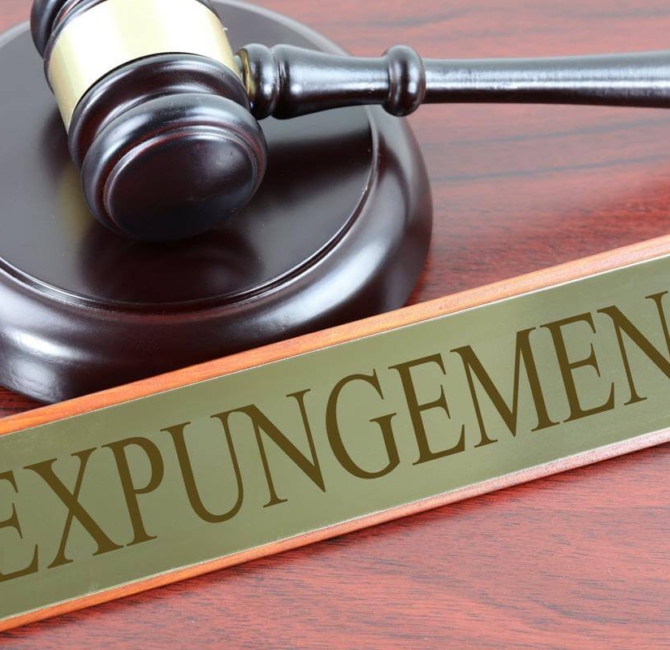DUI checkpoints within Roswell, GA have become a regular sight on highways and busy streets, enabling law enforcement officers to identify signs of intoxication like an odor of alcohol, bloodshot eyes or slurred speech.
DUI checkpoints may be legal on a federal level, but police must abide by specific guidelines in order to protect your constitutional rights and avoid any potential infringements on them. Any violation could result in successful DUI defense litigation.
1. Deterrence
DUI checkpoints aim to deter drunk driving, with reports from the CDC showing sobriety checkpoints reduced alcohol-related crashes as evidence that this goal has been accomplished. Unfortunately, their effectiveness in arresting people for DUIs remains uncertain.
According to general deterrence theory, drivers who learn of an ongoing DUI checkpoint may modify their behavior in order to avoid detection resulting in fewer DUI offenses; however, these benefits eventually diminish over time.
DUI checkpoints have been upheld as legal by the Supreme Court; however, it is important to remember that they still fall under constitutional restrictions regarding search and seizure. Motorists attempting to circumvent DUI checkpoints through certain traffic maneuvers could provide officers with probable cause to stop them and conduct more in-depth searches; additionally if police break procedures when conducting DUI checkpoints any evidence collected could be dismissed by courts as illegally collected evidence.
2. Public Education
DUI checkpoints increase awareness of the legal consequences associated with driving under the influence. They serve as a deterrent, helping reduce drunk-driving accidents. While DUI checkpoints can be contentious – some claim that they violate the Fourth Amendment by subjecting drivers to unreasonable searches and seizures; others contend they unfairly target certain demographic groups and lead to social injustice – overall most states have found them effective in reducing alcohol-involved crashes.
Supervising officers at DUI checkpoints typically must abide by specific guidelines to ensure fairness and avoid allegations of bias or discrimination. These include publishing the location and time of the checkpoint as well as associating it with police authority. Furthermore, officers must select drivers for screening using either an objective formula such as speed or behavior such as swerving/speeding/displaying signs of intoxication/odor of alcohol in their breath (for instance).
3. Roswell Enforcement
Effective DUI checkpoints depend upon their proper implementation. For maximum effectiveness, DUI checkpoints must be highly visible and widely advertised to drivers; additionally they should be located where drivers may encounter them regularly and police officers should be easily identifiable.
Officers must screen drivers using a neutral formula, and if any signs of intoxication (swerving, slow speech or an odor of alcohol) are detected during screening they can stop and ask the driver to take part in either a field sobriety test or breathalyzer test; if probable cause exists they can even arrest them.
Critics have raised constitutional issues with DUI checkpoints, such as their infringe on drivers’ Fourth Amendment rights against unreasonable searches and seizures. Furthermore, critics assert that resources used on DUI checkpoints could be better spent on saturation patrols or targeted enforcement measures.
4. Data Collection: Roswell, GA
Sobriety checkpoints are an effective tool to remove drunk drivers from the roads and reduce alcohol related crashes, but while law enforcement agencies rely on this technique for keeping our roads safer. While these checkpoints have proven invaluable tools over time, some have raised doubts as to their efficacy.
One major area of contention for DUI checkpoints is their legality, often being challenged in court under the Fourth Amendment right to protection against unreasonable search and seizure. While DUI checkpoints have been found permissible by the Supreme Court, individual states still hold authority to decide whether or not to allow them.
There is evidence of how highly publicized and frequent DUI checkpoints reduce fatal crashes by 17%. While checkpoints aren’t conducted in 13 states due to legal or policy reasons, implementation would probably save lives in those locations if implemented feasibly and according to guidelines in this report. It provides detailed operational procedures as well as a model policy template so individual police departments can create their own policies with ease.



